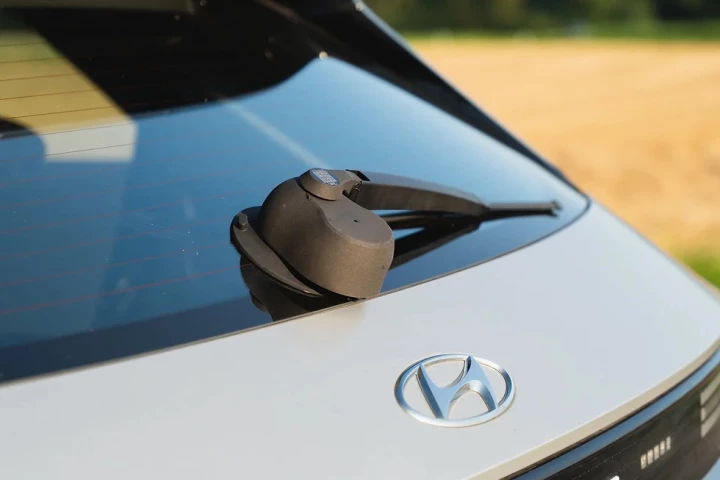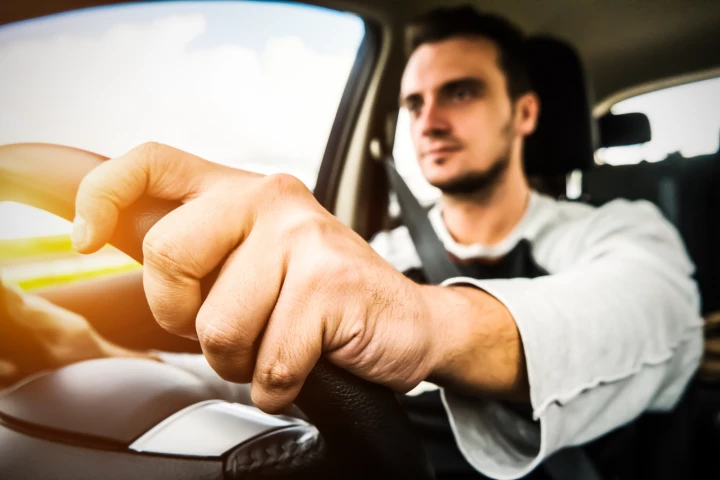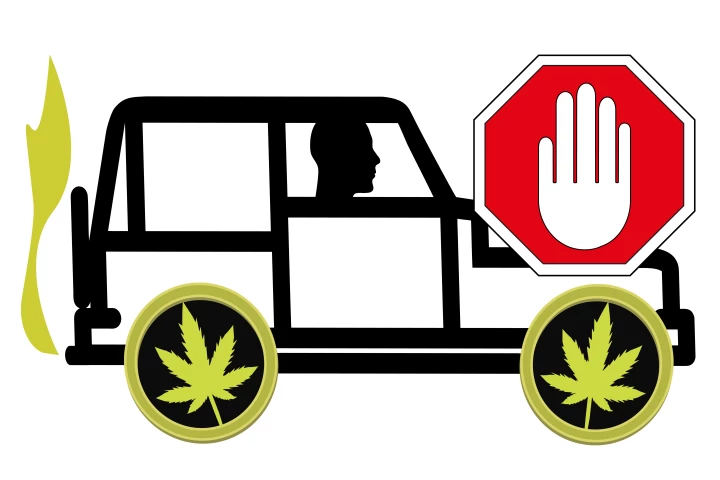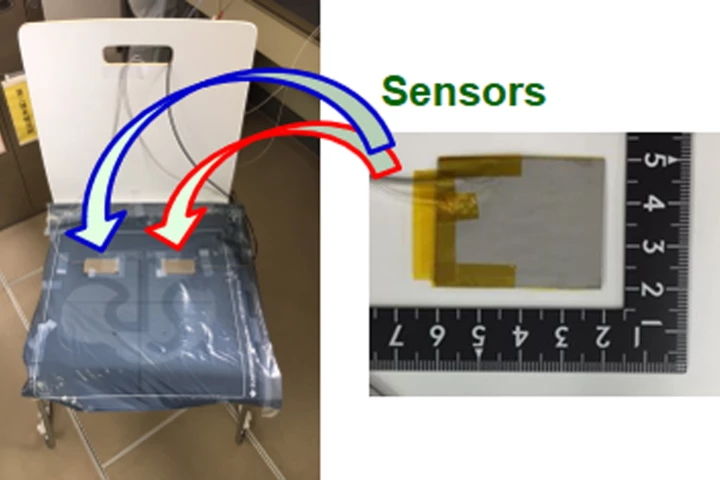Driving
-
Finnish tire brand Nokian has launched a winter tire that features studs which deploy only when it's cold out – so they bite into the ice and give you better traction. It's all thanks to a proprietary 3-layer construction technology.
-
Phones can help with navigation on road trips, but they can also be dangerous distractions. A new study shows just how big that distraction is among teen drivers, and the number one reason the phones are used has nothing to do with directions.
-
In an age where most cars come standard with things like backup cameras and Bluetooth, it's surprising that they don't all have rear window wipers. The GeckoWiper gives such an appendage to the Hyundai IONIQ 5, with other makes/models soon to follow.
-
It's better to spot drunk drivers as soon as they get in their car, not once they've already been dangerously driving for some time. A new facial tracking system was created with that fact in mind, and it utilizes a regular in-vehicle video camera.
-
Older adults who are new to migraines are more than three times as likely to crash their motor vehicle in the first year after diagnosis than others. The findings highlight a new road risk for seniors who may benefit from counseling about safe driving.
-
After a hard ride, hike, paddle or whatnot, nobody wants to cover their car seat with sweat, dirt or sand. Scuvvers keep them from doing so, by simply flipping forward and folding down from the headrest.
-
If you transport your bike on a car-top rack, there's a risk that you'll forget it's up there, and smash it into a low-hanging garage door or other overhead obstacle. The Veloroof system is designed to greatly reduce that risk.
-
If a driver is preoccupied, or if there's a disruption to their routine, they can forget and leave their baby in their car – if that car then gets too hot, the result can be lethal. The Infalurt Child Safety System is designed to keep such scenarios from unfolding.
-
A new study has identified a pattern of brain activity that seems to correlate with impairment from cannabis intoxication. The researchers suggest this novel brain-based biomarker could be a way to accurately measure THC impairment.
-
Although we've seen several systems that use vehicle-integrated cameras to detect intoxicated drivers, a team of Japanese scientists claim that such technology isn't always reliable. Their alternative? A drunk-driver-detecting car seat.
-
A new meta-study has concluded blood or saliva THC concentrations are not effective ways to measure cannabis-induced driving impairment. The findings indicate impairment tests should be developed instead of looking to develop a marijuana breathalyzer.
-
Machine learning has been used to develop algorithms that can analyze driving data and detect dementia in a driver. The researchers say it could be possible in the future to detect early signs of dementia using devices incorporated into car systems.
Load More











